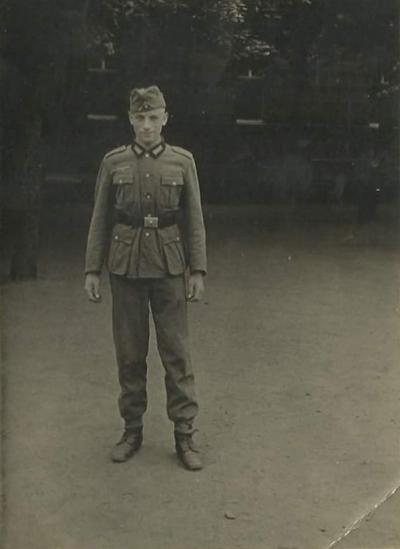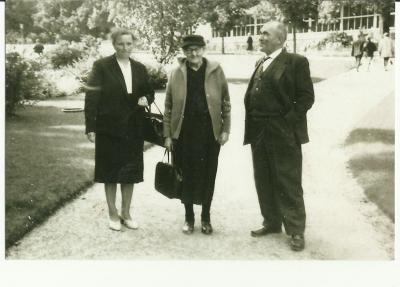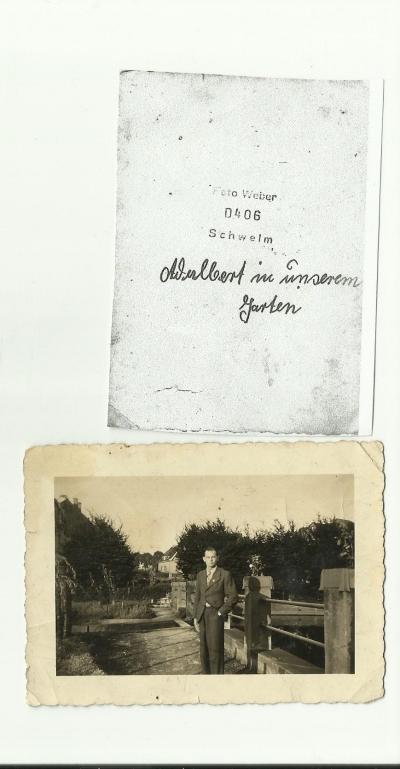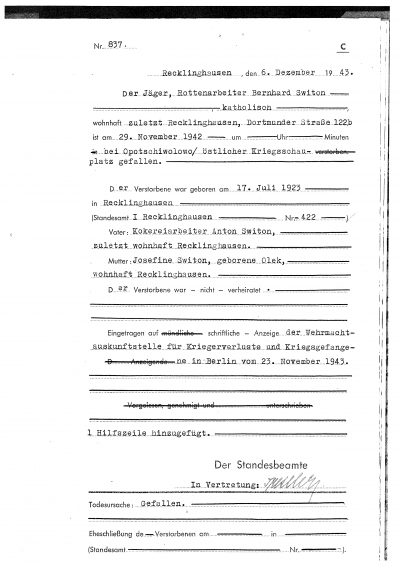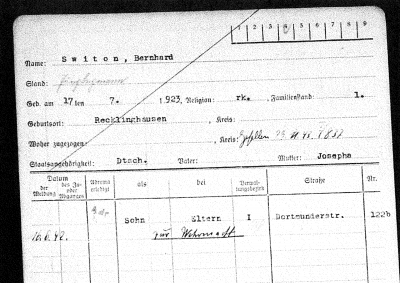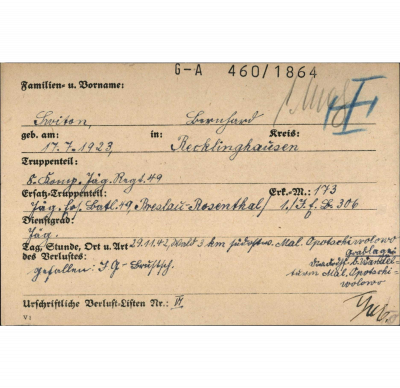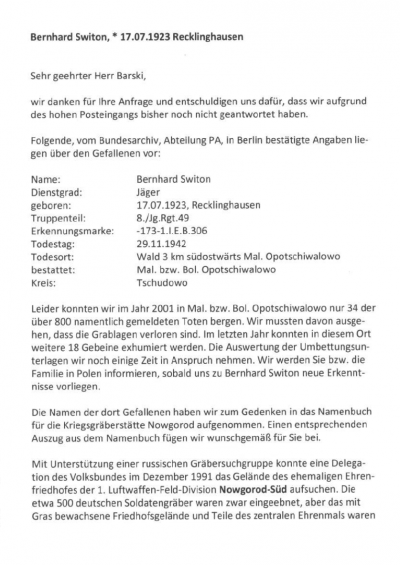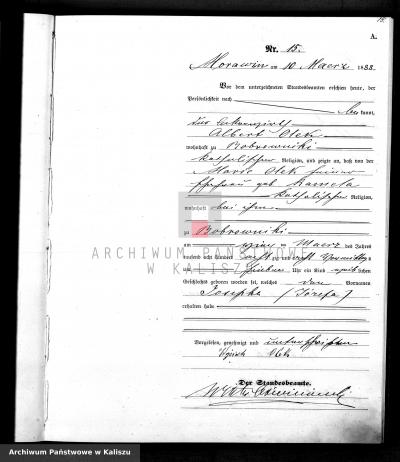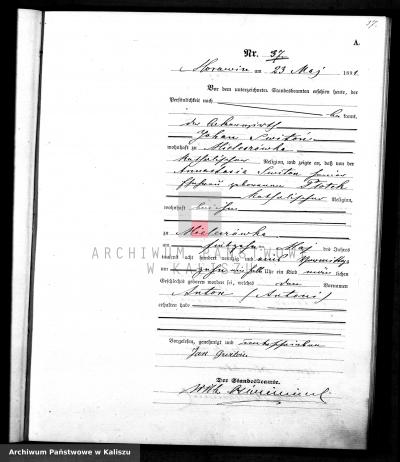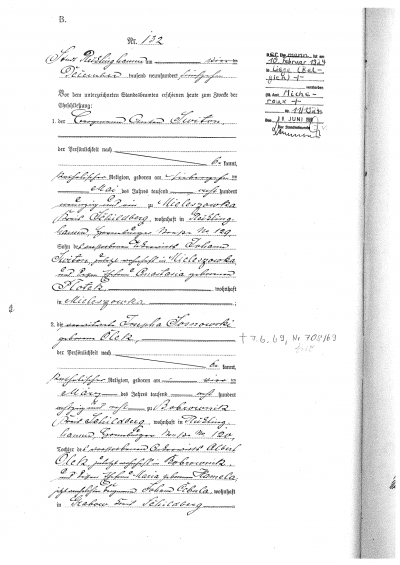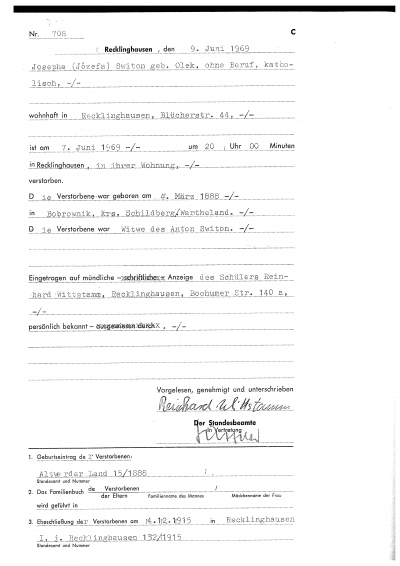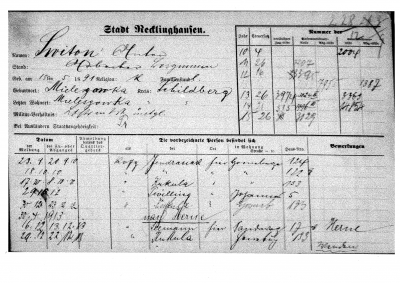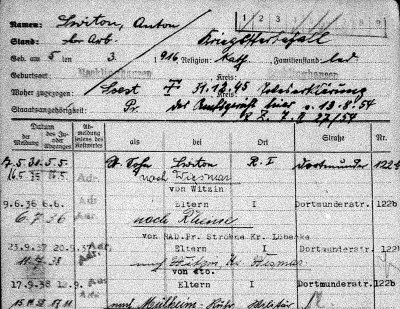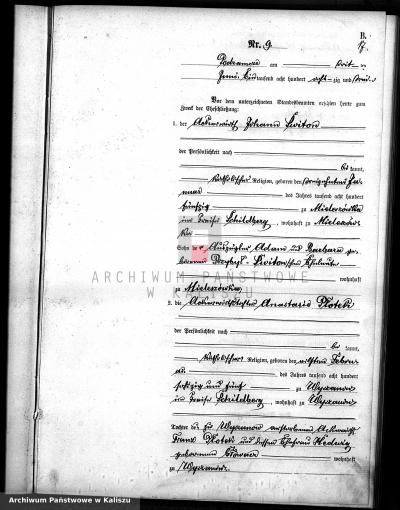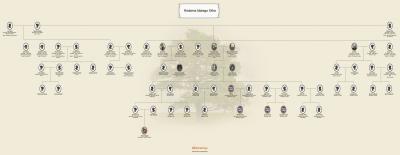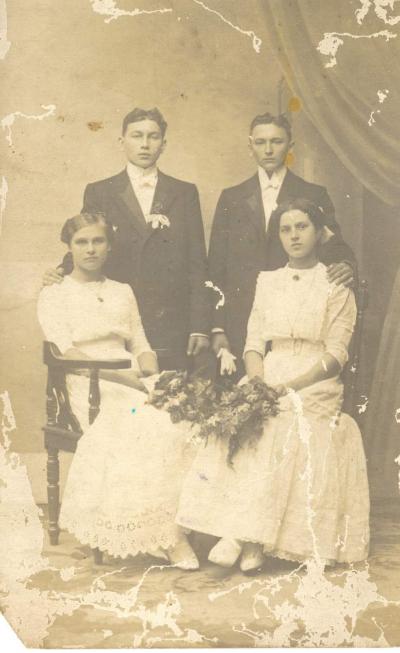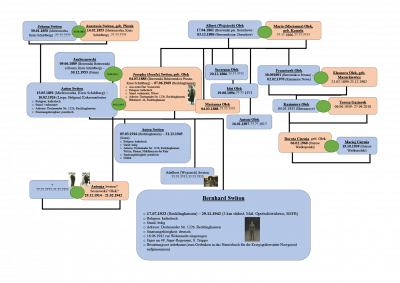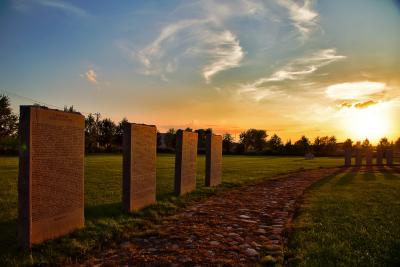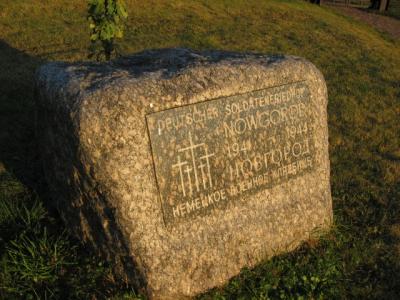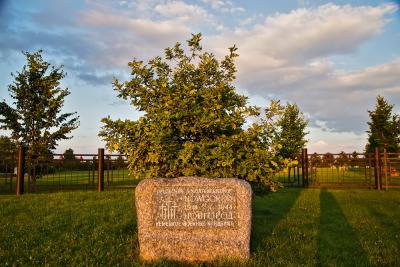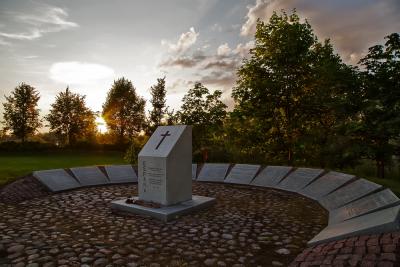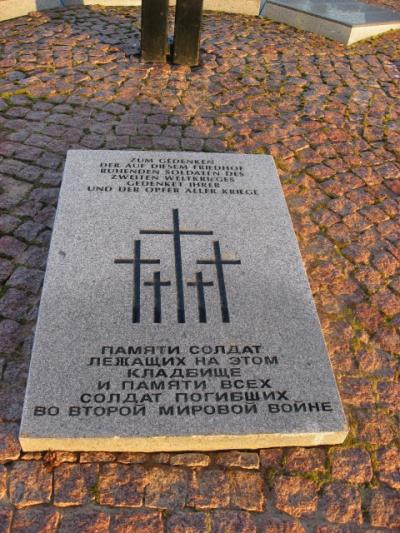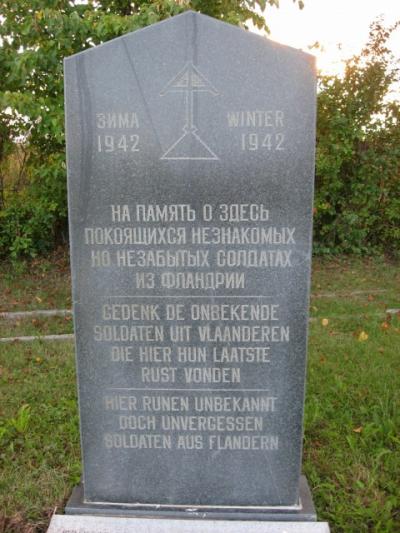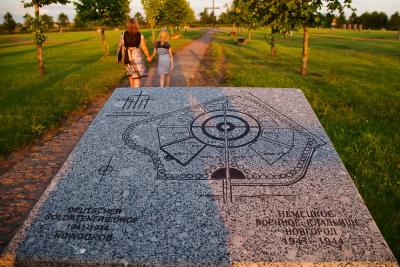The death of a Polish Wehrmacht soldier in Russia: Bernhard Switon (1923-1942)

The Switon family
Our research was able to build up part of the family’s story thanks to accounts from one of Bernhard Switon’s uncles, Franciszek, who had known his nephew. However, some of the ambiguities still remain, such as the specific number of children, many of the spouses’ names, and the precise dates, because various factors can often cause oral traditions to be somewhat hazy in the memory of the teller or the listener, and the stories were told several decades ago. We were, however, able to piece together the following information to supplement the documents from the Recklinghausen municipal archives:
In 1910, Jozefa Olek came to the Ruhr area with her four brothers Antoni, Franciszek, Idzi and Stanisław. Two years later, she married Andrzej Sosnowski, who, like her, had come from the small town of Bobrowniki nad Prosną located between Wrocław and Łódź. It is not clear when and why they separated, but Andrzej left his wife and returned to Poland. The registration indexes and registration documents in the Recklinghausen municipal archives show that Jozefa married again on 4 December 1915 and remained in Recklinghausen with her newly created family. Her second husband was Anton Switon – a worker in the coke plant in Recklinghausen, who also hailed from a small village just a few kilometres from Jozefa’s place of birth. Because the witnesses to the marriage given on the marriage certificate also have Polish names, it can be assumed that the couple moved in their own cultural circles. On the occasion of their marriage, a daughter of Jozefa called Antonja (born 29 December 1914) was recorded, who, according to the uncle’s oral traditions, was Jozefa’s daughter from her first marriage. But apart from a photo that was taken later showing Antonja with her husband, there are no other indications of her whereabouts.
According to the registry documents, Jozefa and Anton’s first son called Anton was born on 5 March 1916 and eight years later, on 17 July 1924, Bernhard Switon came into the world. According to the oral traditions of his uncle’s recollections, there was supposedly another son called Wojciech of whom, however, there is no trace, apart from a photo with the inscription “Adalbert [Pol. Wojciech] in our garden” on the back. It would, however, be conceivable that the person in question was some other relation to the family but we were not able to verify this during our research in Recklinghausen and in Schwelm [based on a photo studio note]. Bernhard’s father died in Liege, Belgium on 10 February 1924 only a few months after Bernard’s birth, which can been seen in a note on the marriage certificate. Whilst it is not apparent why the father of the family was in Belgium without his wife and children, the difficult economic situation could have meant that he had gone abroad to look for work to provide for his family after being made redundant. Jozefa’s brothers Franciszek, Idzi and Stanisław also migrated to France in the same year, 1924; her youngest brother Antoni had died in 1917. It is unclear what the family’s financial situation was like after the death of the father. However, within the “[...] working class [of the Rhenish-Westphalian industrial region] as in parts of the lower middle class, [there prevailed] permanent economic hardship, particularly the threat of parents losing their jobs. This constant social pressure that particularly marked the first half of the 1920s and the global economic crisis, only eased off slightly for working-class families even during the recovery of 1925 to 1929.”[13]
Jozefa, Bernhard’s mother, remained a widow until the end of her life in Recklinghausen. The death certificate also shows that the majority of the witnesses had Polish names indicating that her social environment was presumably still largely made up of Polish friends and neighbours.
According to the resident’s registration card, the family lived in Dortmunder Straße in Recklinghausen, from where both the eldest son Anton, in 1938 at the age of 22, and Bernhard, in 1942 at the age of 19, were conscripted into the Wehrmacht. In contrast to Bernhard, Anton followed the typical route at the time in preparation for military service, completing an RAD[14] of several months following his medical examination, and was drafted into the armed services before he took part in the war. Anton survived the Second World War but died shortly afterwards.
[13] Rass, Christoph, p. 117 f.
[14] Nationalsozialistischer Reichsarbeitsdienst (RAD) [National Socialist Reich Labour Service] – “compulsory work” for young men (and from 1936 for women as well) between 18 and 25 years of age, who carried out community work for low pay. The service was introduced to combat the economic hardship in the country and as an educating authority for young people.
